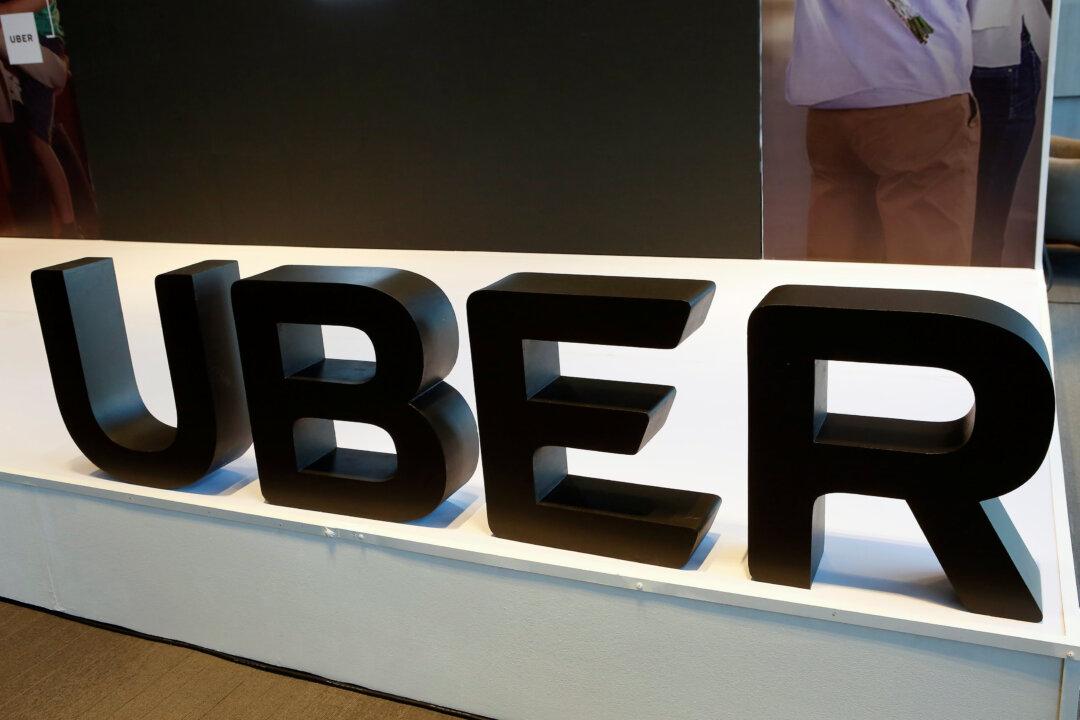We have all heard the tales of aggressive competitiveness between Uber and Lyft in the United States, with the latter accusing the world’s leading ride-sharing company of unethical behavior. But what you may have not heard is that Uber’s top competitor in India, Ola, is expanding, prompting Uber to seek a merger in other regions to remain on top.
In a statement, Ola explained that it’s expanding into New Zealand markets. But as the firm’s planned expansion begins in New Zealand, Uber could be at great risk, as its growth in some regions inside the country seems to have become stagnant. Ola is already operating on the Australian continent, and consumers located in regions where Uber isn’t yet present could soon have better ride options.
In the meantime, Uber is discussing its own expansion, but one that would require the purchase of one of its top competitors in the Middle East: Careem Networks FZ. Bloomberg reports that Uber is currently discussing the potential purchase of the company, which would value Careem at $2 billion to $2.5 billion. Considering Uber is serious about remaining on top, this deal could happen soon, as this isn’t the first time the two companies discussed the idea. In July, Uber and Careem talked about combining their Middle Eastern ride-hailing services, after Uber noticed the competition had become costly.
With more than a million drivers in 100 cities in Qatar, Saudi Arabia, Bahrain, United Arab Emirates, Lebanon, Pakistan, Kuwait, Morocco, Egypt, Jordan, Turkey, Palestine, Iraq, and Sudan, Careem allows customers to book rides using several types of transportation, such as rickshaws, boats, and even golf carts. So it’s easy to see why Uber would want to expand its tentacles in the region and use Careem’s established system and clientele to boost its own presence.
But while Uber is thinking like a giant, ready to do what it takes to keep expanding, for the consumer the presence of a new rival means better ride fares and more options. So while a merger could benefit both companies, it could also scare off other competition, as the powerful Uber would stand on top, virtually unchallenged as the only ride-sharing provider in the region. And who would hurt the most? The consumer.
Hopefully, entrepreneurs in the region will see even more reasons to go into the ride-sharing business even if Uber and Careem join forces.
Competition: The Consumer’s Best Friend
In a free market, individuals are free to innovate mainly because of competition. Without it, there would be no efficient way to supply the services and products the market demands. And as history shows us, it was competition that freed men and women from a life of misery and oppression, allowing people to no longer depend on a ruling class to feed their own.
In 2018, we also see competition helping the technology industry thrive, bringing incredible innovations to the most impoverished corners of the world precisely because rivalry among tech firms and entrepreneurs has driven the price of their products so low that anyone can afford it.
As an app, Uber is part of this incredible revolution, helping to ignite a new trend that helped lift countless drivers out of poverty, even in the face of great resistance from governments around the world. But as the company grows globally, so do its competitors. Whether Uber’s executives like it or not, that’s the beauty of capitalism. A good idea can help drive innovation that will better the lives of countless individuals precisely because competition presents unique incentives to entrepreneurs.
While Uber is thinking as the leader and wants to remain on top, its popularity is also creating a greater demand for more companies offering similar and even better ride opportunities. And thanks to that, the ride-sharing company will have to continue working to stay on top, honing its technology and its appeal so it can continue to compete globally.
In the end, everybody wins, both because new competitors create more job opportunities and because competition drives the price of services down. So what’s not to like when we hear that one of Uber’s top competitors is expanding? It means that capitalism continues to work its magic, even as powerful political figures work relentlessly against it.
Chloe Anagnos is a writer whose work has been featured in Fox News, USA Today, CNN Money, and Wired. This article was first published by AIER.org




